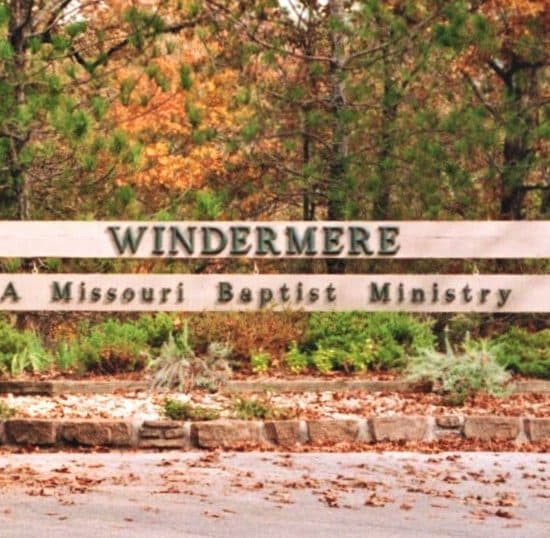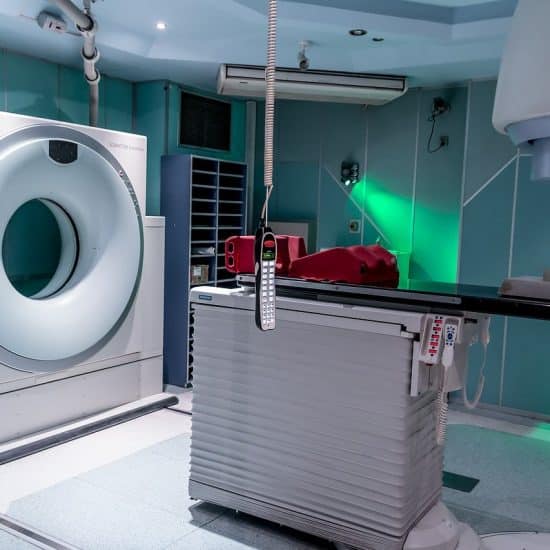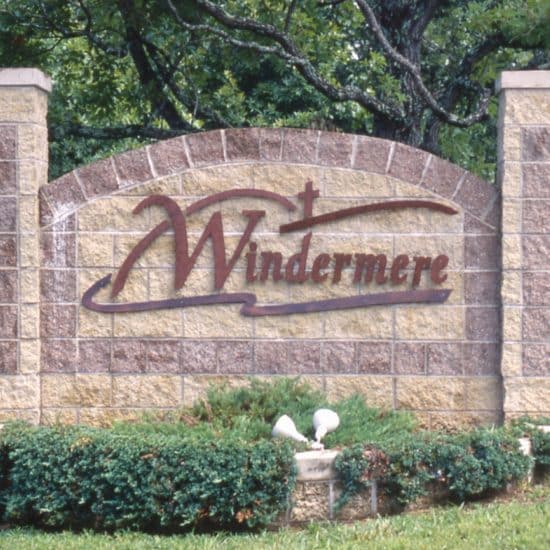By Vicki Brown
Word&Way News Writer
Failure to secure a permit from the Missouri Department of Natural Resources has forced Windermere Baptist Conference Center to halt construction on changes to its wastewater treatment plant.
The DNR issued a notice of violation to Windermere after DNR employee Scott Robinett discovered the modifications during a routine inspection of the current facility on July 8. According to the notice, Windermere violated the Missouri Clean Water Law and a Missouri Clean Water Commission regulation.
The notice ordered Windermere to cease construction until center officials obtain a permit for the modifications.
Windermere president and CEO Frank Shock; Jerry Hill, a representative for RDI which is helping oversee expansion the center's camping facilities; and Allstate Consultants vice president Chad Sayre said they thought they were within the law when modifications began.
Allstate Consultants is an engineering firm that specializes in water systems and wastewater collection and provides site design, waterline design and wastewater treatment designs. Its consultants have worked with Windermere for about four years.
"Everybody felt like in the process [that] we were doing what we were supposed to do for this project," Hill said.
Sayre explained that a long-term plan to replace Windermere's wastewater treatment plant was initiated in 2000 when the facility was expanded to accommodate needs.
In 2002, Allstate Consultants designed a comprehensive wastewater treatment plant with greater capacity. The new facility would have been built in conjunction with the current Wilderness Creek expansion. Windermere went through the process to obtain a permit for a new plant at that time.
As the process reached the public comment stage, Windermere's construction plans hit a snag.
When initial funding for Wilderness Creek fell apart, Windermere board members decided to break the expansion project into two phases. The wastewater treatment project also was scaled back.
Allstate Consultants developed an interim plan for improvements in the current facility to include upgrades that could be incorporated into a larger plant later.
The 8-inch sewer line and concrete tank recently installed were among the proposed improvements. Sayre said the existing plant is old and needs modernization.
The capacity of the current wastewater treatment plant is sufficient, even with the added needs of Phase I of the Wilderness Creek project, he added.
"Windermere did not have to expand its existing facility, but chose to make improvements to obtain the highest quality effluent," he said.
Windermere's struggle to get financing for Wilderness Creek in place affected the permit process. R. Bruce Martin, regional director for DNR's Springfield office, noted that a permit request for the new treatment plant was returned because DNR did not know how Windermere would proceed. He said department personnel asked Windermere to request a new permit when issues were resolved.
Sayre and Hill both said they believe the permit confusion also was compounded when the Missouri Legislature closed the DNR's Jefferson City office in 2003 and the Windermere files were transferred to the Springfield office.
"Ripples were felt because of the loss of continuity…. It greatly affected the project," Sayre said. "The Springfield office has been great to deal with…but there is no denying the transfer affected [the project].
"In our opinion, the overall project had been reviewed. We had the Jefferson City regional office review the large scale plan and had them satisfied."
Irvinbilt Inc. of Chillicothe, the construction firm on the modifications, halted work as soon as the notice was received. However, workers reinstalled an erosion control fence that had been knocked down and did some cleanup at the site.
Sayre said the modifications will allow for flow equalization and will include a pre-aeration basin for more flexibility and more efficient operation of the current facility.
Only concrete work and pipe installation have been done. Equipment to operate it has not been installed, and connections to the current facility have not been made.
Missouri law requires a public notice be posted and allows a 30-day period for public comments before a permit for construction is granted. Sayre said he did not believe public notice or input was required because Windermere is not asking for increased capacity.
But according to Martin, the law applies to major modifications, and the DNR classifies the Windermere project as a major modification.
Windermere officials did apply for a permit on May 11 because, Sayre said, "they knew they needed it."
He added that the decision was made to go ahead with construction of the basin to beat possible winter weather delays later and to meet construction deadlines.
"It was responsible planning on the part of the Windermere team to get these constructed. There can't be any delays in 2005," he said.
Under the law, the DNR has up to 180 days to process permit requests. It received Windermere's request on May 17 but it had not posted a public notice to its Web site or at the Roach post office by press time on July 26.




